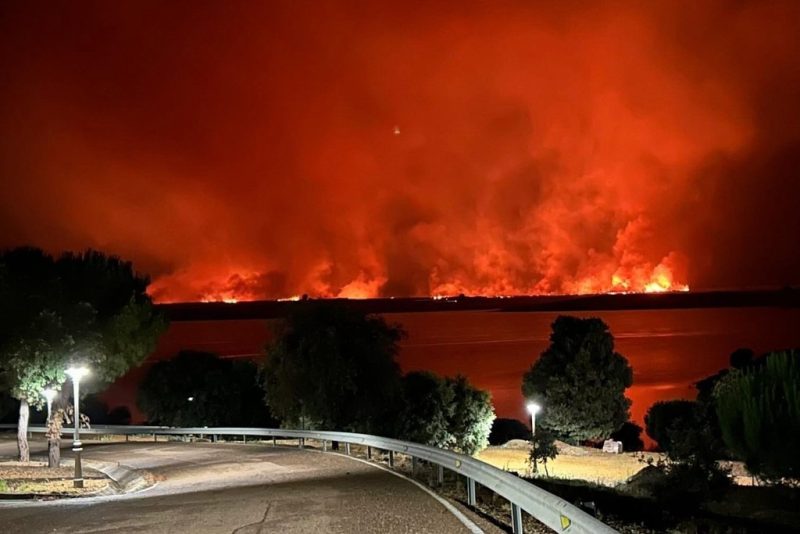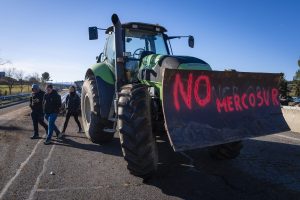The fire began on August 12 and was finally brought under control after 13 days, marking a turning point in the environmental and agricultural history of the region.
Although the flames did not threaten the entirety of the area’s crops, they have delivered a harsh blow to many local farmers and livestock producers. According to data from ASAJA Extremadura, direct losses in the livestock sector exceed €5 million, including the death of more than 200 cattle, 600 sheep, and nearly 4,000 beehives, as well as extensive damage to rural infrastructure.
The future of cherries is not at risk
The most concerning effects are on cherry, chestnut, and olive groves—key pillars of the Jerte Valley economy. Valley’s Cooperative Association has reassured stakeholders that the future of cherry and chestnut cultivation is not at risk, since the damage is limited to a small portion of farms. However, many small-scale and family-run growers face the complete loss of their holdings, with several years of zero income until new plantations begin to bear fruit.
Record agricultural losses in Spain
Nationally, the wave of wildfires in August—burning over 350,000 hectares—has resulted in estimated losses of €600 million, marking a record in damages, particularly for agriculture, livestock farming, and beekeeping.
Specifically, the Jerte Valley—world-famous for its spring cherry blossom — now faces the challenge of recovering from the worst environmental disaster in its recent history. While the long-term future of cherry and chestnut farming appears secure, the immediate agricultural and livestock losses are severe, leaving hundreds of families in a critical situation.
Institutional response and emergency aid
The Spanish government has declared the affected area a zone of civil protection emergency, which will enable fast-tracked compensation and recovery resources. These include payments for burned pastures, cherry and olive groves, as well as aid for restocking livestock and rebuilding agricultural infrastructure.
In addition, Spanish rural bank Cajamar has activated a special €20 million financing line for affected farmers, livestock producers, and families. The loans offer preferential conditions to help with reconstruction and restoring operations as quickly as possible.


















